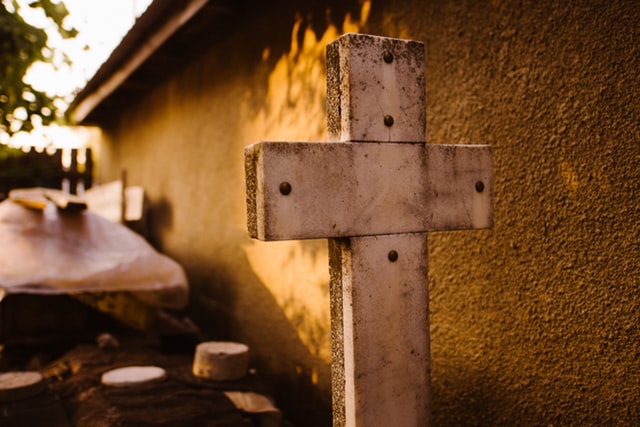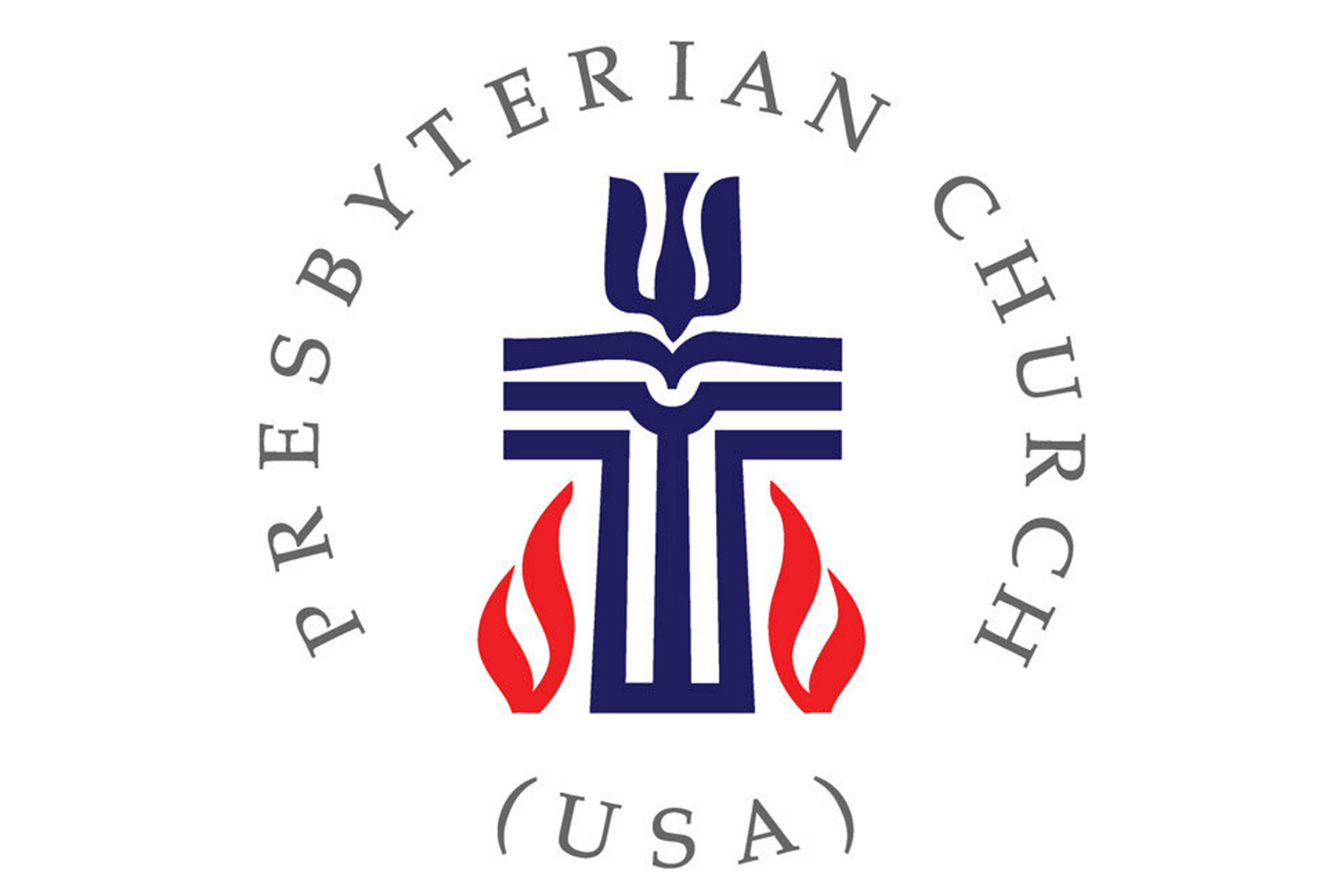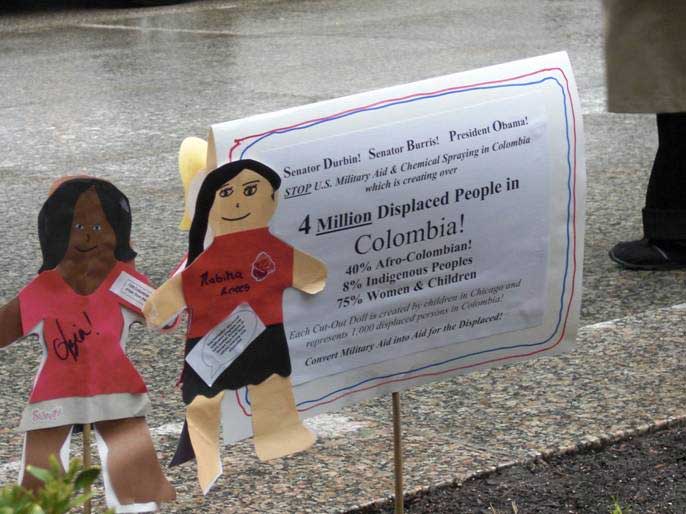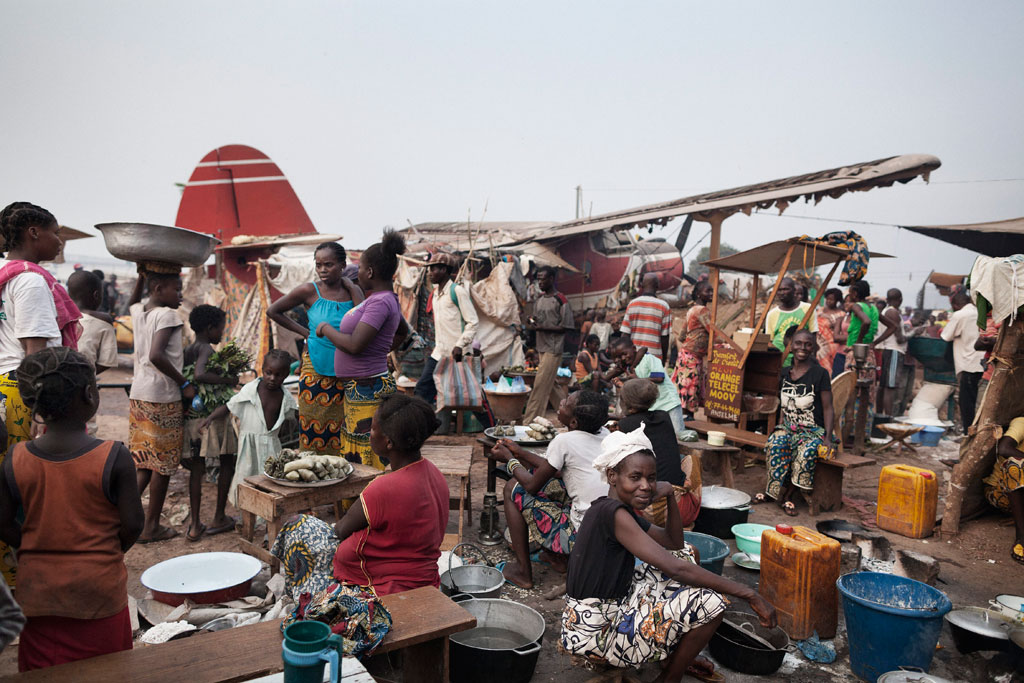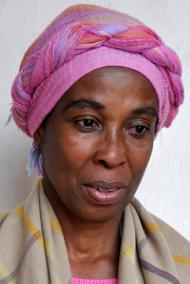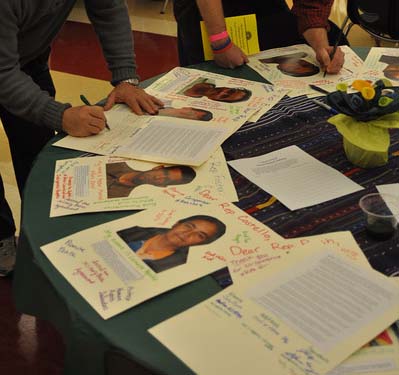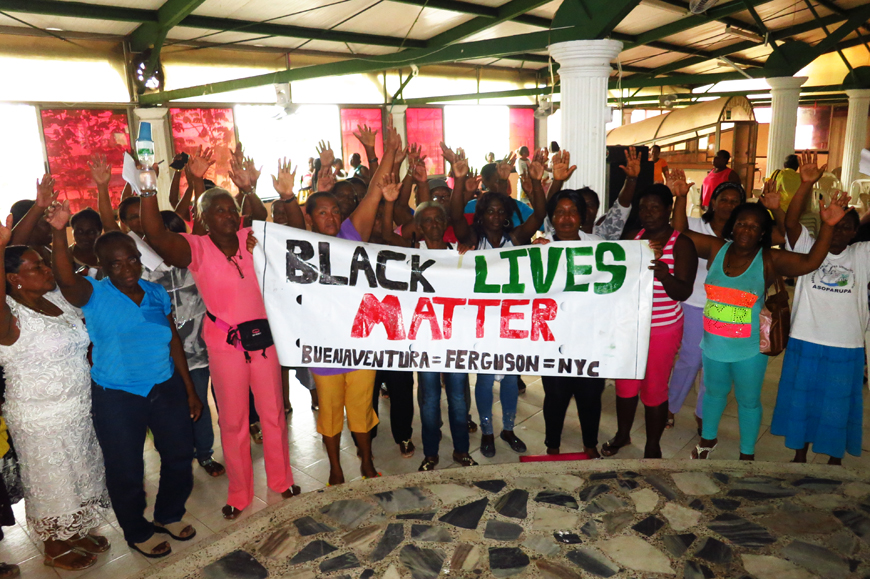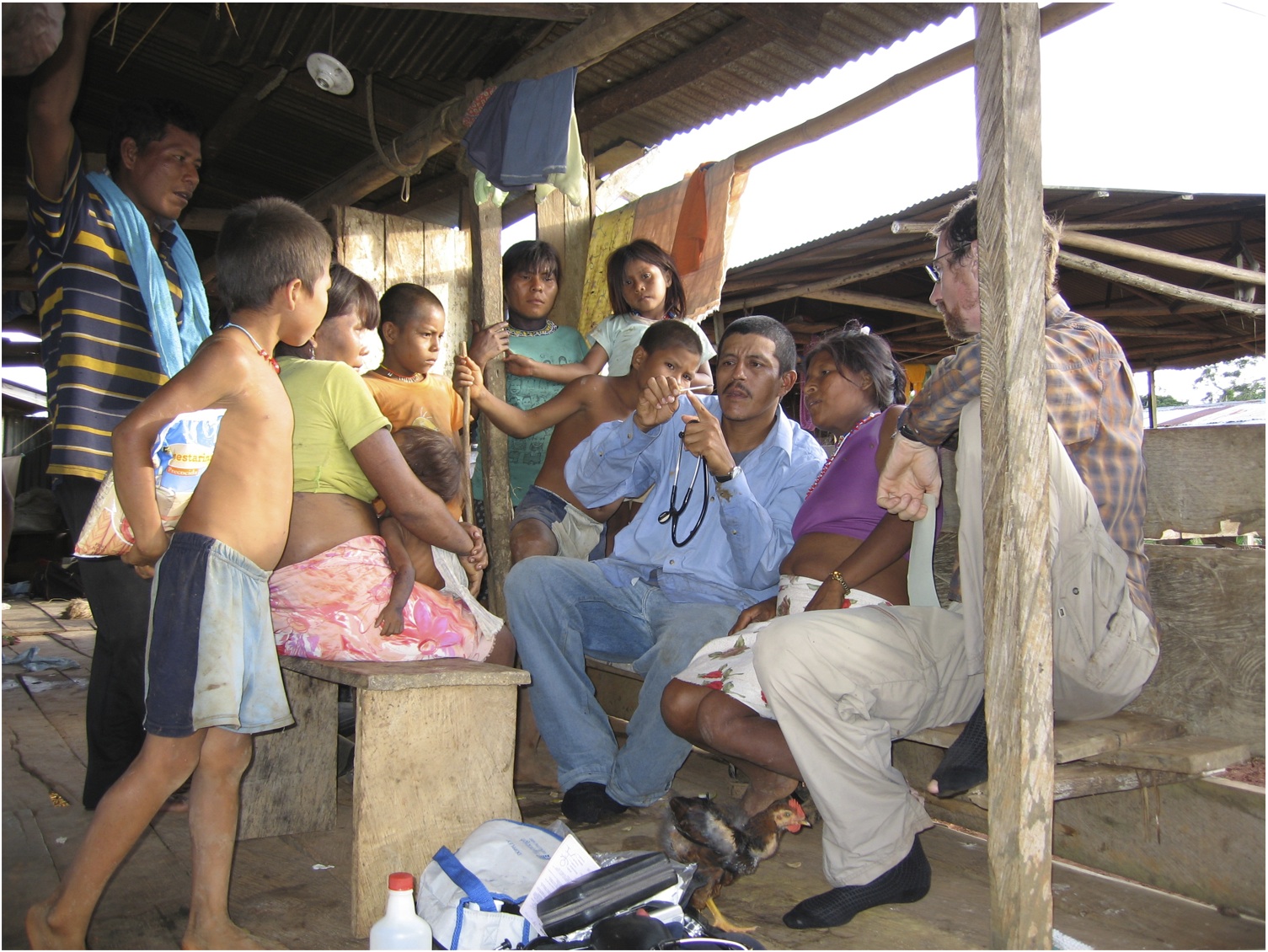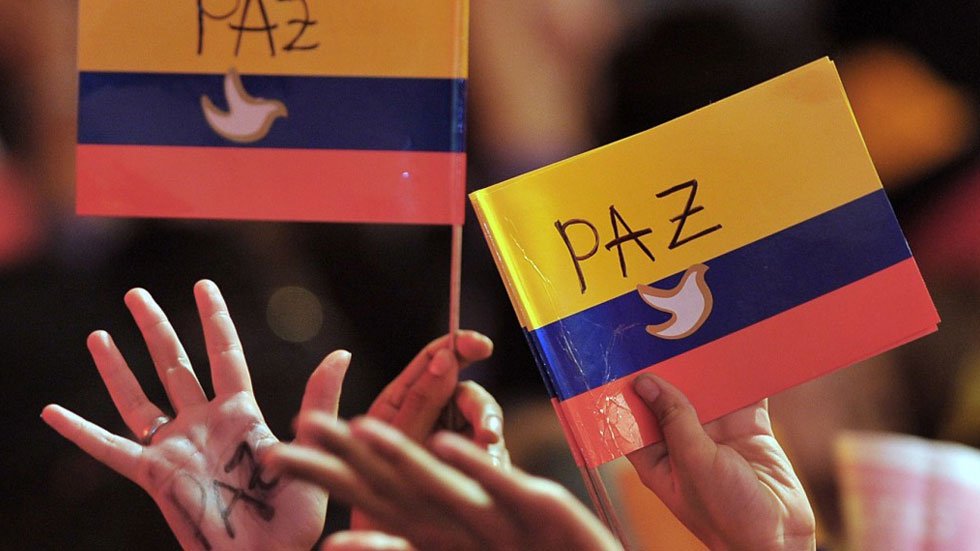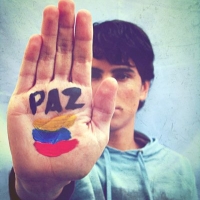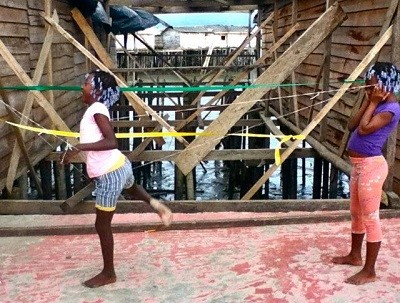Photo by Anton Darius on Unsplash
International Civil Society Organizations Call for the Colombian Government to Investigate Killing of Marco Rivadeneira and to Protect Human Rights Defenders March 25, 2020
We are grieved to learn of the death of Marco Rivadeneira, a community leader in Putumayo, Colombia. Rivadeneira was killed on March 19, 2020 by three armed men who entered a meeting where Rivadeneira and other community members were discussing voluntary eradication agreements between farmers and the Colombian government.
Rivadeneira was a human rights defender, a promoter of the peace accords, and a proponent of voluntary coca eradication efforts in his rural community. He was a leader of the Puerto Asis Campesino Association and a representative to the Guarantees Roundtable (a process intended to protect human rights defenders). Rivadeneira was also the representative of his region for the national network of 275 Colombian human rights groups known as the Coordinación Colombia Europa Estados Unidos. Coordinación and its members are close partners of many of our organizations.
This killing “underscores once again the lack of security guarantees for the work of human rights defenders and the lack of political will on the part of the Colombian government to dismantle the criminal structures and paramilitary organizations that continue to attack social leaders and those who defend peace in the countryside,” as Coordinación asserts. The Coordinación urges the government to act decisively to ensure that “enemies of peace” do not use the emergency situation created by the COVID-19 virus to continue to exterminate social leaders.
107 social leaders were assassinated in 2019, according to the UN High Commissioner for Human Rights office in Colombia. One out of three human rights defenders killed in 2019 (documented by Frontline Defenders) was from Colombia. 2020 has started off with a wave of violence against them.
We urge the Colombian government to ensure this crime is effectively investigated and prosecuted and to communicate what steps are being taken to bring the perpetrators to justice. We also urge the Colombian government to provide effective guarantees for human rights defenders, social leaders, and those working to build peace in Colombia. This starts with the vigorous implementation of the 2016 peace accords in Colombia, including convoking the National Commission of Security Guarantees to create and implement a plan to protect communities and social leaders at risk.
We urge the U.S. government to vigorously support peace accord implementation in Colombia. This includes adhering to the drug policy chapter of the accord which mandates working closely with farming communities to voluntarily eradicate and replace coca with government assistance, rather than returning to ineffective and inhumane aerial spraying programs.
Colombia must not lose more leaders like Marco Rivadeneira who have worked so valiantly to bring human rights protections and peace to their communities.
Signed by:
AFL-CIO Amazon Watch Amnesty International U.S.A.
Center for International Environmental Law (CIEL) Center for Justice and International Law (CEJIL) Chicago Religious Leadership Network on Latin America Christian Solidarity Worldwide (CSW) Church World Service Colombia Grassroots Support New Jersey Colombia Human Rights Committee Institute for Policy Studies Drug Policy Project International Institute on Race, Equality, and Human Rights Latin America Working Group (LAWG) Mennonite Central Committee U.S. Washington Office Missionary Oblates of Mary Immaculate Movement for Peace in Colombia, New York Oxfam Presbyterian Church (U.S.A.) Presbyterian Peace Fellowship Robert F. Kennedy Human Rights United Church of Christ, Justice and Witness Ministries Washington Office on Latin America Witness for Peace Solidarity Collective

